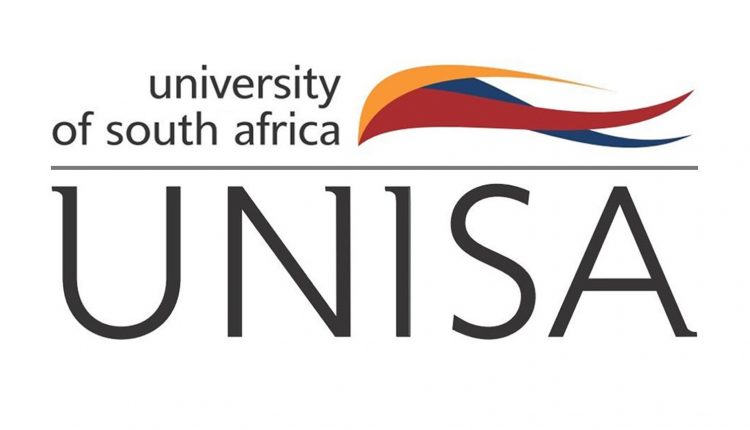University of South Africa welcomes global progressive 4IR collaborations
Jacobs explains 4IR as an environment where disruptive technologies and trends, such as the Internet of Things, robotics, virtual reality and Artificial Intelligence, change how modern people live and work. She adds: “Artificial Intelligence allows computers to solve problems and reason like humans do.”
In South Africa’s 4IR context, South African President, His Excellency Cyril Ramaphosa, established a Presidential Commission on Fourth Industrial Revolution in April 2019. Its mandate is to coordinate the development of South Africa’s National Response Action Plan to deal with the 4IR. As part of this effort, the commission identifies policies, strategies and plans needed to position South Africa as a leader in the evolution and development of the 4IR.
Jacobs says that in South Africa, intelligent robotic and cobotic machines, such as Libby from the University of Pretoria and Sifiso from the National Library of South Africa, are adopted and applied to provide library services. “However,” she notes, “the application of the 4IR technologies in South Africa is slowly adopted and implemented. This might be because people believe that 4IR technologies will replace them in the economy.” Jacobs adds: “It might be because there is a lack of AI infrastructure and tools that South African organisations can utilise to apply 4IR technologies in activities performed by human beings to alleviate pressure and stress from them.”
Jacobs states that from a records management and e-government perspective, AI technologies’ use for e-government development has gained increasing attention in recent years as the government seeks to improve the efficiency and effectiveness of its digital services. “This will open opportunities for societies to create efficiencies and deliver high-quality services to citizens,” says Jacobs.
4IR knowledge advancement by Unisa
The Department of Information Science has various initiatives focusing on engaging in and expanding knowledge and understanding of 4IR and using disruptive technologies in information science. Jacobs explains: “From a curriculum perspective, 4IR and artificial intelligence features prominently in Unisa’s Bachelor of Arts Honours in Archives and Records Management. For example, the module on Knowledge and Information Governance (ARM4801) explores ways disruptive technologies can be utilised towards improved records governance in line with legislative and regulatory frameworks.” While some modules examine the digital environment required to ensure effective storage, access and availability of digital records to support records forensics, other modules focus on using different disruptive technologies to ensure the curation of papers for preserving and accessing special archival collections.
Jacobs says the department is adopting robotic or cobotic process automation that can operate as human interactive software to attend to student queries. “If properly implemented, the department will consider using it for teaching some modules that are provided fully online,” she adds.
Global 4IR contribution by Unisans
Jacobs remarks that members of her department are involved in the InterPARES Trust AI (2021-2026) multi-national interdisciplinary project that aims to design, develop and leverage 4IR and artificial intelligence to support the management of trustworthy public records. She, Prof Nampombe Saurombe and Dr Tolulope Balogun, are also part of the sub-project on using AI technologies in South Africa’s e-government.
In addition, Prof Ngoako Marutha, Dr Mashilo Modiba and Mandisa Msomi are involved in the Faberllul Olot Residency on AI and archives project in collaboration with the Ramon Llull Institute and InterPARES project. For Jacobs, these projects ensure record preservation to support high performance, service and heritage of records relevant to communities. “Furthermore,” she continues, “such participations lead to presentations at national and international conferences.”
As Unisa celebrates its 150th anniversary, Jacobs recommends the institution invest in AI-related projects and research to enable the university to perform specific tasks effectively, and use the Internet of Things for student support to be infused as part of the 5IR technology adoption. “If possible, the university must establish its own AI Hub that can enhance AI across campuses in the continent and abroad,” she adds. Jacobs further recommends that the university utilise robotic machines that provide information services at its library. She concludes: “Digital learning through digital twinning supports the expansion of learning opportunities, information sharing, social communication, and interaction.”

